RAPISON It is indicated in case of: shock states, metabolic pathologies (ketosis, toxemia, hypoglycemic syndromes, puerperal collapses, post-partum eclampsias, generic stress states), pain syndromes, inflammatory states, allergic and autoimmune diseases, respiratory syndromes ( asthmatic forms, pulmonary emphysema, respiratory failure with or from bronchospasm), locomotor syndromes (arthrosis, arthritis, tenosynovitis, tendinitis, bursitis, sprains, refounding, laminitis), ocular syndromes (conjunctivitis, uveitis, iritis, iridocyclitis), skin syndromes (dermatitis , dermatosis, pruritus “sine materia”, various pathologies (adjuvant in the treatment of cerebral edema, toxic states and neoplasms).
RAPISON – Sodium metabisulfite (E 223), sodium methyl parahydroxybenzoate (E 219), sodium propyl parahydroxybenzoate (E 217), Do not administer at the same time as vaccines or immunological medicines. In the case of prolonged therapy and at high doses, stop treatment progressively. In cases of intra-articular use the administration of the medicinal product must be carried out by the veterinary surgeon.
RAPISON -Corticotherapy temporarily suppresses the manifestations of inflammation and itching, but does not act on the causes of the disease. Frequent repetition of dosing for the treatment of recurrences is not without risk. The product must be used with caution under the direct veterinary control in case of muscular hypotrophy, debilitating chronic diseases and slow healing healing processes. After prolonged corticosteroid therapy, stop the administration gradually by reducing the dosage to avoid a crisis of adrenal insufficiency.
The immunosuppressive effect may decrease resistance to infections or exacerbate existing ones. In the presence of viral infections, corticosteroids can accelerate the progression of the disease. Corticosteroids can cause enlargement of the liver (hepatomegaly), increase serum levels of liver enzymes and increase the risk of acute pancreatitis. Corticosteroids, administered for prolonged periods, suppress the hypothalamic-pituitary adrenal axis. At the end of a prolonged treatment, symptoms of adrenal insufficiency up to atrophy can be observed, which can prevent the animal from reacting to stressful situations.
To minimize the problems of adrenal insufficiency it is advised to administer the veterinary medicinal product during the endogenous peak of cortisol (morning) and gradually reduce the dosage at the end of treatment. In the absence of specific information, the use of the product in animals suffering from Cushing’s syndrome must be based on the risk-benefit ratio. Glucocorticosteroids slow growth, so use in young animals (under 7 months of age) should be based on the risk-benefit ratio and subject to regular clinical evaluations. Respect the usual rules of asepsis. Special precautions for those administering the veterinary medicinal product to animals: persons with known hypersensitivity to dexamethasone should avoid contact with the veterinary medicinal product. For cortisone content the product should not be administered by pregnant women. Observe normal hygiene precautions to administer the medicine.
In case of accidental contact, wash the parts with plenty of water. In case of accidental self-injection, seek medical advice by showing the package leaflet or the label to the physician. Overdose: prolonged treatment with cortisone at high doses (for several weeks) can cause adrenal atrophy and decreased hormone production by the adrenal cortex. Repeated and prolonged treatments can cause immunodepression with greater susceptibility to infectious agents. Incompatibility: in the absence of compatibility studies, do not mix with other medicines.
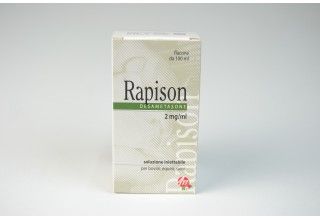
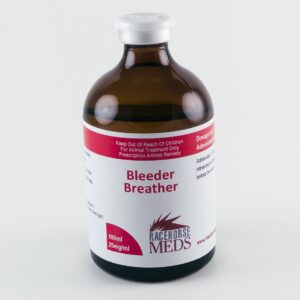
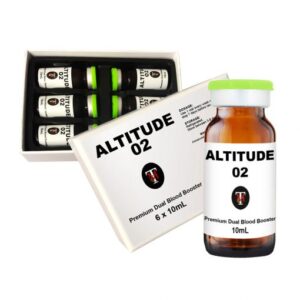
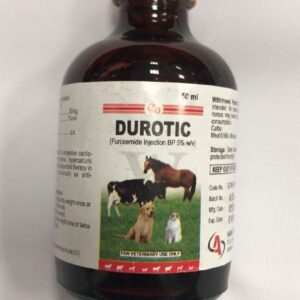
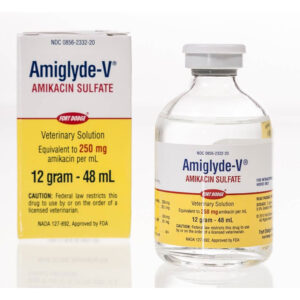
Reviews
There are no reviews yet.